The United Nations’ corporate hatred of the nation of Israel and the Jewish people is clear from the ever-growing list of resolutions condemning and chastising that nation for its – sometimes problematic – dealings with the Palestinians. Compared to the attention the UN gives to every other country, the resolutions concerning Israel are disproportionate and disingenuous. But the UN’s unhealthy obsession with the only democracy in the Middle East isn’t new. Forty years ago this month Israeli Ambassador to the UN Chaim Herzog described the debate as a ‘turning point in the…United Nations’. The proceedings in question were – surprise, surprise! – highly critical of Israel, but this time in a rather esoteric sense. In Resolution 3370 the General Assembly declared simply that ‘Zionism is racism’, when in reality Zionism is merely the association of the Jewish people with a homeland. The General Assembly could have chosen any day to deal with this item of business. Indeed, it could have chosen not to deal with what was clearly a grotesque political manoeuvre by the USSR and its Arab allies. Instead, it chose to parade its contempt for its own moral authority, whilst simultaneously denying Israel’s existential legitimacy and mocking the plight of Jews around the world, as it scheduled the debate and vote for 10 November 1975: the same date that in 1938 saw the climax of the German pogrom against the Jews, Kristallnacht, signalling the start of the holocaust. Giving a speech after the vote, Ambassador Herzog tore up a copy of the resolution, and described the UN ‘which began its life as an anti-Nazi alliance’ as the new ‘world-centre of anti-Semitism’.
But global anti-Semitism is a dynamic force, ever changing and always shifting. In the last century alone, its administrative centre and spiritual home has moved around, but always coming to rest in the morally vacuous Western world. The UN had well and truly taken up the mantle by 1975, but now, another international government confederacy, the European Union, is in the running for the notorious title.
The timing of one anti-Semitic international resolution on the anniversary of Kristallnacht might possibly be considered a foul coincidence. But the EU’s efforts this month make the politically correct West’s vilification of Israel – and its willingness to parody the tragedy of the holocaust for political ends – abundantly clear. The EU’s new product labelling guidelines – which mean that goods produced in Israeli settlements in the West Bank, East Jerusalem, and the Golan Heights will essentially have to be labelled ‘Not made in Israel’ – despite being three years in the making, were released as a sort of sick commemorative joke, and in the midst of the ongoing Palestinian knife intifada too.
It is true that the territories in question are disputed, and not recognised by the UN – hardly surprising given its routine denouncements of Israel. They have, in fact, been disputed since the Six Day War of 1967 when Egypt, Syria and Jordan invaded Israel, suffering one of the most decisive military defeats in modern history. Around the world there are literally hundreds of similarly disputed areas. But despite the EU’s assurances that the new labelling guidelines are merely a technical tidying-up of existing consumer legislation, no other territory is subject to the EU’s virtuous country of origin laws.
But does it really matter? Do technical guidelines issued by the equivalent of the Department of Fair Trading really equate to the EU being the ‘world-centre of anti-Semitism’?
The EU’s so-called consumer protection policies are deliberately designed to prejudice the outcome of future territorial negotiations and to facilitate boycotts of Israeli products (even the PLO’s chief negotiator sees them as a ‘significant move toward a total boycott’). The immediate economic burden will be disproportionately borne by Palestinians employed on Israeli-owned farms – probably an unintended consequence, although a bit more Palestinian disquiet can’t hurt the political goals, even if it means a few more knife or motor vehicle attacks on Jews in Jerusalem or Hebron. So yes, it does matter.
But the most disturbing thing about these rules is that they intend to shame and stigmatise consumers (they are the EU’s anti-Semitic equivalent of plain cigarette packets adorned with gruesome medial photos and pleas not to harm your children). And who, specifically, does the EU think might be a major European consumers of Israeli products? Especially Kosher wine and foodstuffs from the agricultural regions of the territories?
A year after Kristallnacht, the Jews of Nazi Europe were marked with a similar label of shame, the yellow ‘Jude’ Star of David. In the Second World War Australia proudly fought to liberate European Jews from the tyranny of anti-Semitism and the holocaust. In 1975 we proudly voted No to the ‘Zionism is racism’ UN resolution. Now again Australia must stand with Israel, stand with the Jews, and stand against anti-Semitism in all its forms.
Got something to add? Join the discussion and comment below.
Get 10 issues for just $10
Subscribe to The Spectator Australia today for the next 10 magazine issues, plus full online access, for just $10.
You might disagree with half of it, but you’ll enjoy reading all of it. Try your first month for free, then just $2 a week for the remainder of your first year.


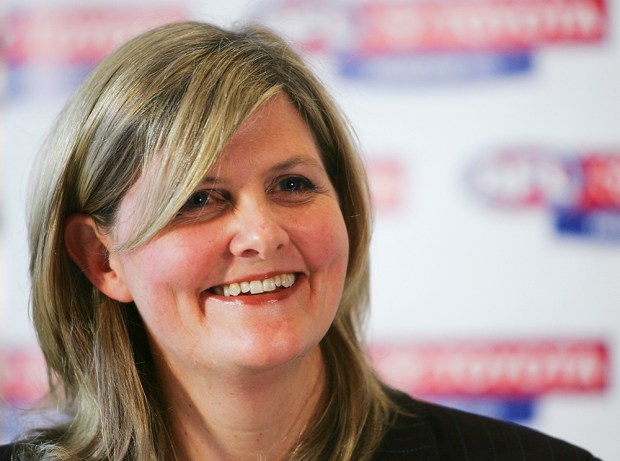
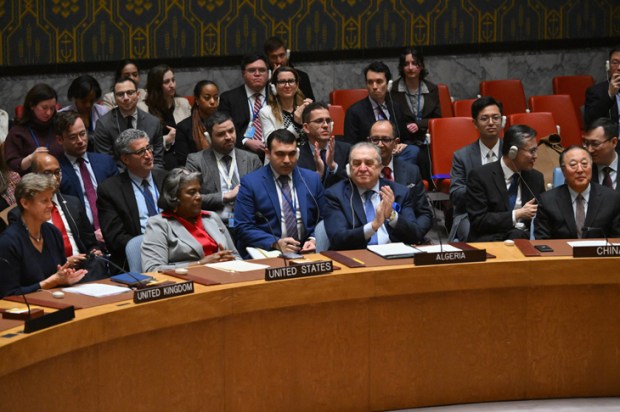
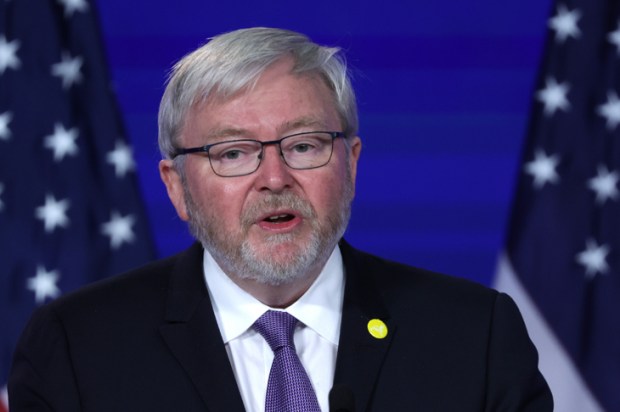
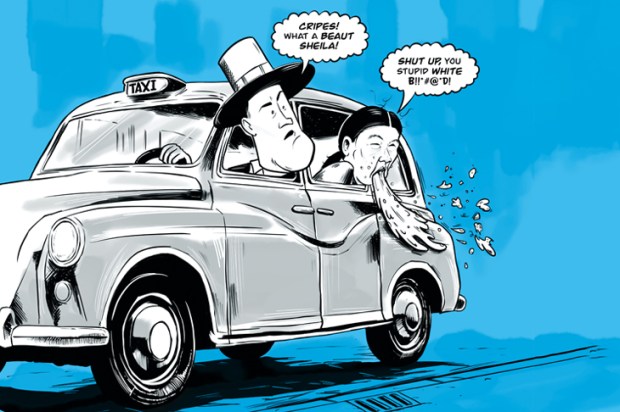
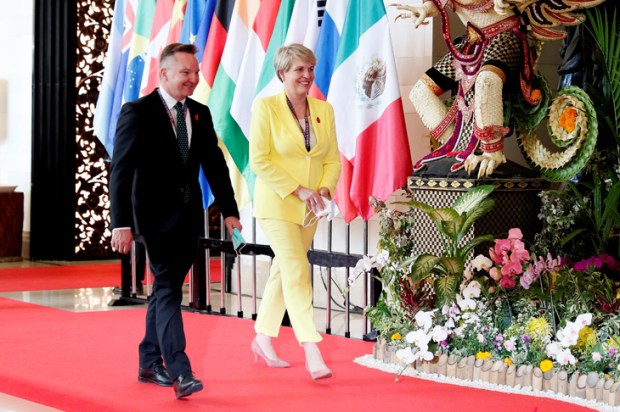
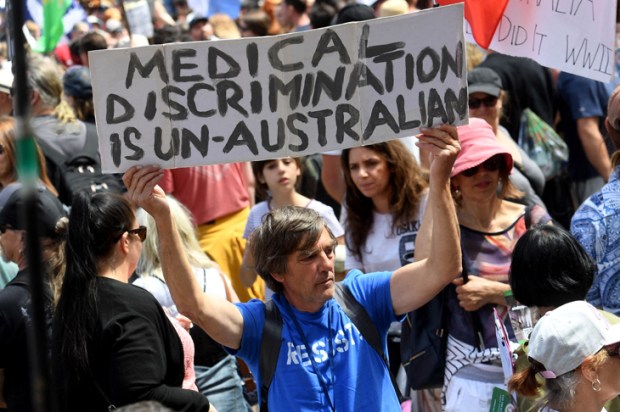






Comments
Don't miss out
Join the conversation with other Spectator Australia readers. Subscribe to leave a comment.
SUBSCRIBEAlready a subscriber? Log in